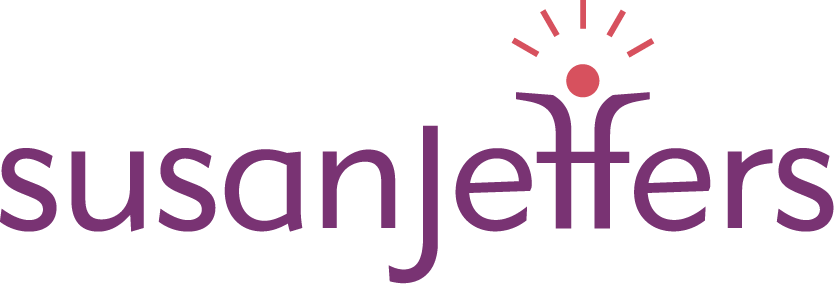In Lesson Five of taking responsibility for our own experiences states that we must be aware of payoffs that keep you “stuck.” But what exactly does this mean? This lesson is best learned through example. Here is an excerpt of one that Susan used in Feel the Fear:
Jean was feeling stuck in her job and wanted desperately to get out. She viewed herself as a victim! Her Chatterbox constantly played the “if only” game. If only the job market were a little better, she wouldn’t have a problem. If only she had better skills, there would be more opportunity. What was really keeping Jean at her job? What were the payoffs?
By remaining a victim, Jean had clearly become comfortable. She didn’t have to face possible rejection in her search for a new job. Although she hated her job, it was easy. She knew she could handle it; she didn’t have to question her competence. She put in her hours and didn’t have to expend any additional energy. And the job was relatively secure.
Not every situation is as straightforward as Jean’s, but nearly all troubled situations will have some sort of payoff. Even if someone is sick there can be unconscious payoffs, such as being able to take time away from work, getting attention, having an excuse to miss social engagements, etc. Payoffs don’t mean that any of us want the situation we are experiencing, it just means there are reasons for staying in them.
But once we become aware of the payoffs we can begin to see other choices, other paths we can take. In the case of Jean …
Once Jean became aware of all her payoffs, she had at least three choices. The first was to stay where she was and continue to be miserable. The second was to stay where she was and choose to enjoy her job. The third was to choose to find a more satisfying job.
What did she ultimately do? After recognizing the payoffs for what they were, she was able to break away and find a new job. As long as she was in the victim mode, she was stuck. As soon as she realized she was choosing to stay because of the payoffs, and not because of her “if only”s, she was able to move forward.
